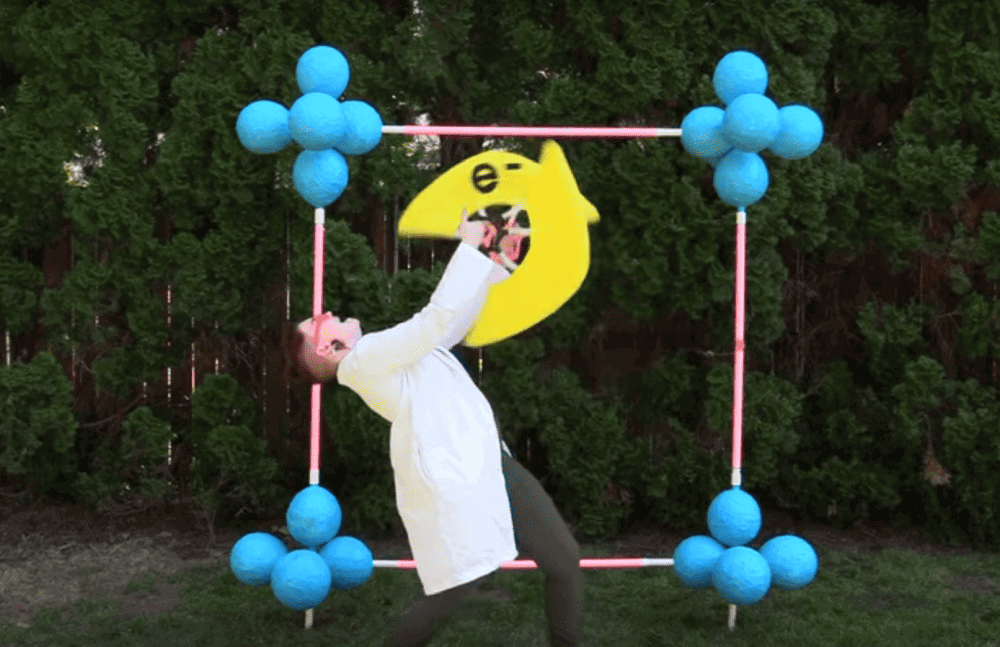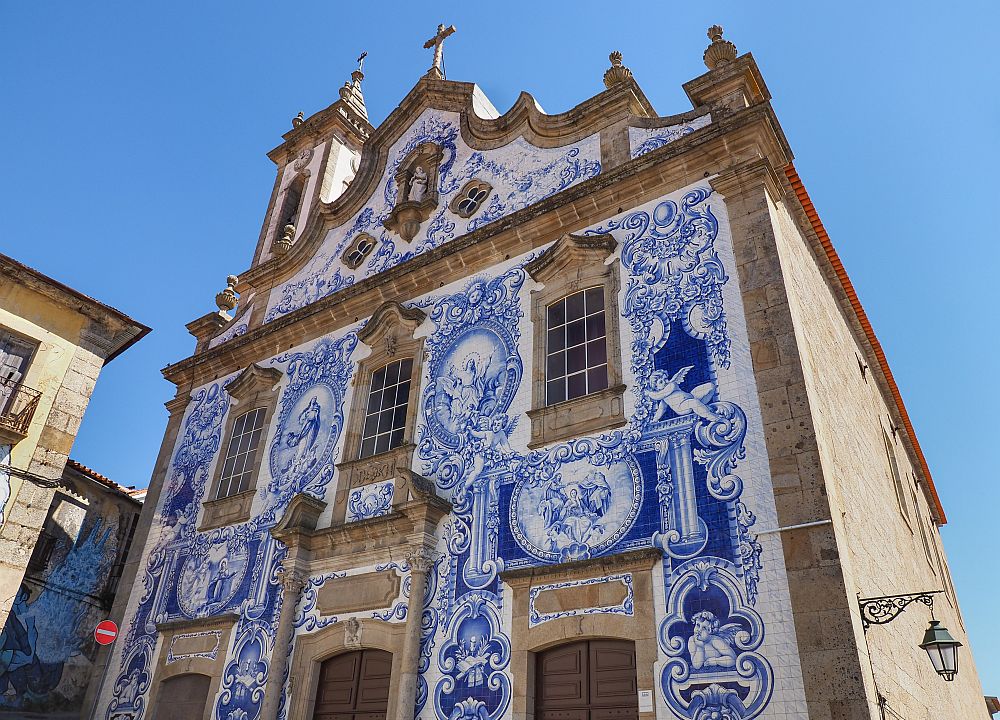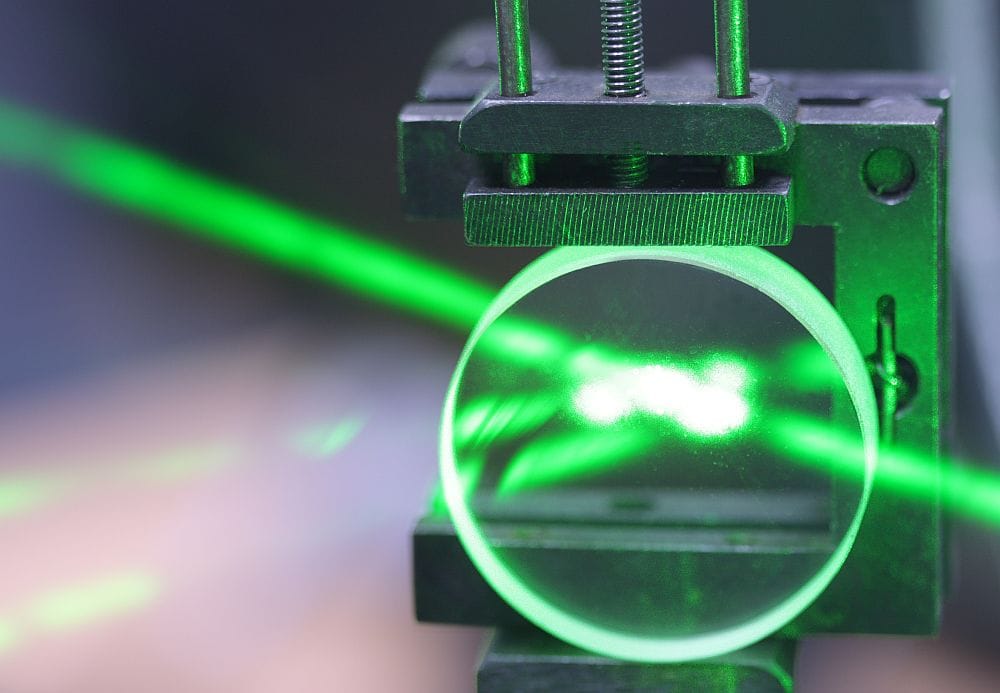
[Image above] Screenshot from the overall and chemistry category winner’s video of the 2023 Dance Your Ph.D. contest. Credit: Checkers Marshall, YouTube
What better way to celebrate the first day of summer than enjoying the winning videos from this year’s Dance Your Ph.D. contest?
Dance Your Ph.D. is an annual contest run by the American Association for the Advancement of Science and Science, the peer-reviewed academic journal of AAAS. It was created in 2008 by John Bohannon, former Science correspondent and now director of science at artificial intelligence company Primer.
Dance Your Ph.D. is a chance for scientists to interpret their Ph.D. theses through movement rather than the traditional formats of PowerPoint presentations or academic journals. The contest is divided into four categories—biology, chemistry, physics, and social sciences—and videos of each performance are judged by a panel of dancers, scientists, and artists.
The 2023 contest received 28 entries from 12 countries, and the winners were announced in March. View the winners of each category below, and perhaps be inspired to submit your own research next year!
Overall winner and chemistry category winner
Checkers Marshall, University of Oregon, “Nanoparticles of metal-organic frameworks: A general synthetic method and size-dependent properties”
Checkers Marshall is a materials synthesis chemist at Svante, Inc. (Vancouver, Canada). During their Ph.D. studies at the University of Oregon, they aimed to make metal-organic frameworks (MOFs) smaller and more effective for various applications, including water filtration and nerve agent detoxification.
In a Science article, Marshall says that the use of fans in the video, which represented electrons, was nonnegotiable: “I can’t dance unless there’s something in my hands.” They also channeled years of writing and performing slam poetry to pen the song that accompanied the dance.

Credit: Checkers Marshall, YouTube
Biology category winner
Israel Sampaio Filho, National Institute of Amazonian Research, “Leaf abscisic acid (ABA) biosynthesis: the main source of Amazon rainforest response to warming”
Israel Sampaio Filho is a doctoral student at the National Institute of Amazonian Research in Brazil. His video was staged by dozens of people at the Institute’s forest management base in Manaus. It explains how the plant hormone abscisic acid (ABA) protects Amazonian trees against high temperatures and intense droughts, which can lead to excessive water loss.
The Institute’s Graduate Program in Tropical Forest Sciences issued a congratulations on its website following the announcement of the 2023 contest winners.

Credit: Israel Sampaio, YouTube
Physics category winner
Evgenii Glushkov, Swiss Federal Institute of Technology Lausanne, “Exploring optically active defects in wide-bandgap materials using fluorescence microscopy”
Evgenii Glushkov is a research and development engineer at Swiss technology innovation center CSEM. During his Ph.D. studies at the Swiss Federal Institute of Technology Lausanne (EPFL), he explored the aqueous transport of protons, such as at the interface between hexagonal boron nitride crystals and aqueous solutions.
His video aimed to show the similarities between dancing tango couples and diffusing ions at the nanoscale. In a LinkedIn post, Glushkov explains that he fell in love with Argentinian tango at EPFL, where he learned it on campus from enthusiasts in the ArchiTango association.
“Since then, tango became a part of my Ph.D. life. And I always wanted to share how much it helped me to get through the Ph.D. struggles, as well as personal issues,” he writes.

Credit: Eugene Glushkov, YouTube
Social sciences category winner
Huy Vu, Stony Brook University, “Artificial intelligence with personality”
Huy Vu is a fifth-year Ph.D. candidate in the Department of Computer Science at Stony Brook University. His research involves using machine learning, particularly natural language processing, to help understand the relationship between human language and their underlying psychological constructs.
Vu’s video describes the PsychGenerator, an artificial intelligence model he helped to develop that generates natural language characteristics of specified psychological constructs, such as personality traits and mental health.
In a Stony Brook press release, Vu says that “As a last-year Ph.D. student, the process of making this video in a way summarizes my whole Ph.D. journey, with all the ups and downs and the belief that everything will turn out well at the end.”

Credit: Huy Vu Choreo, YouTube
Author
Lisa McDonald
CTT Categories
- Education


